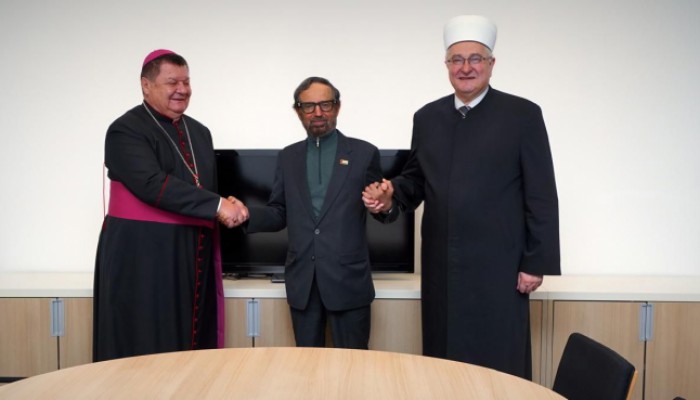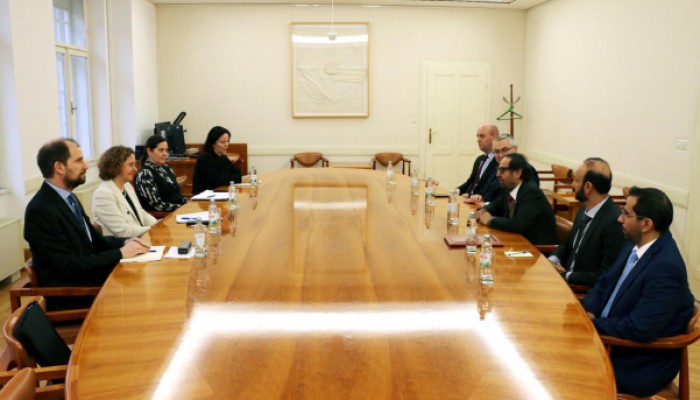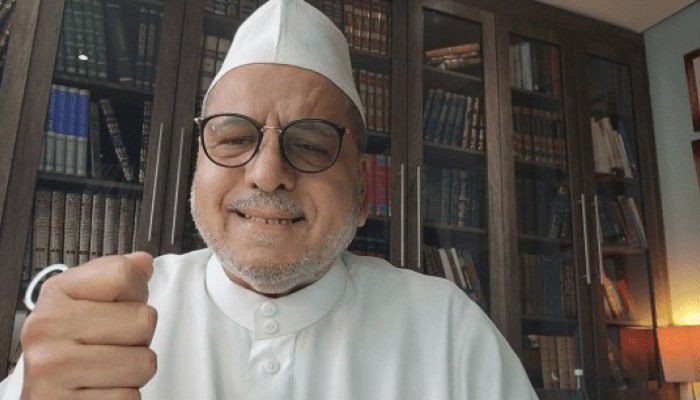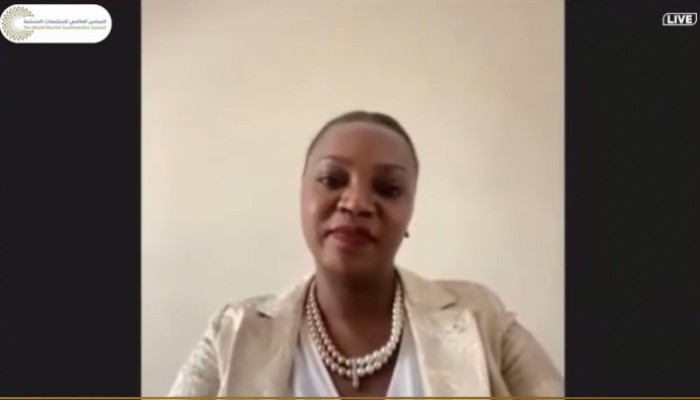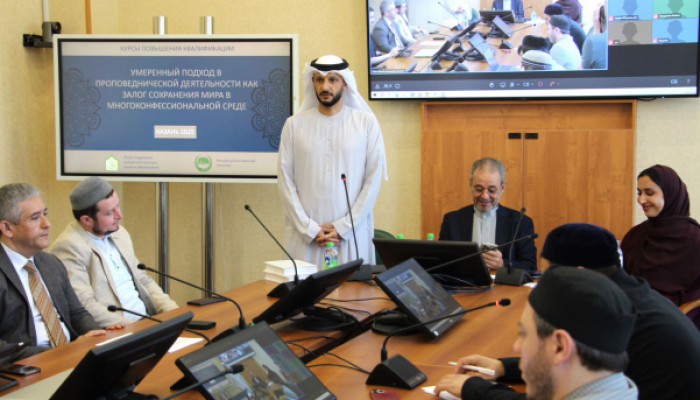
TWMCC Hosts Seminar on Islamic Principles of Coexistence at Russian Islamic University
- 2025-May-31
As part of its ongoing commitment to fostering dialogue and mutual understanding among diverse cultures and communities, the World Muslim Communities Council (TWMCC) recently organised an intellectual seminar titled "Foundations and Principles of Coexistence in Islam" at the Russian Islamic University in Kazan. The event was attended by esteemed faculty members and undergraduate students, reflecting a shared interest in exploring Islam's teachings on harmonious living.
The seminar commenced with an address by Mr. Hassan Al Marzouqi, Assistant Secretary-General of TWMCC, who emphasised that the values of coexistence and tolerance are intrinsic to Islamic teachings. He highlighted that from its inception, Islam established principles that promote respect for others and encourage collaboration across diverse religious and cultural backgrounds.
Mr. Al Marzouqi illustrated his points by referencing significant periods in Islamic history, such as the era of the Prophet Muhammad, the Rashidun Caliphate, the Islamic experience in Al-Andalus, and the interfaith relations in regions like the Levant, Egypt, and the Indian subcontinent. These historical instances serve as enduring examples of Islam's emphasis on justice, compassion, and human dignity in multicultural societies.
The seminar featured contributions from notable international organisations and scholars. Dr. Nasr Aref, Vice President of the International Organisation "Educators Without Borders," delivered an analytical presentation on the jurisprudential and social dimensions of coexistence in Islamic thought. He asserted that Islam not only advocates for coexistence but also provides a comprehensive framework that encompasses respect for human dignity, acceptance of diversity, and openness to others. Dr. Aref stressed the importance of integrating these principles into educational curricula and the discourse of contemporary religious and intellectual institutions.
Ms. Bakhita Al Rumeithi, Executive Director of the Manara Centre for Coexistence and Dialogue, shared insights on the UAE' successful model in embodying religious and cultural tolerance. She noted that fostering communities based on respect for diversity requires effective partnerships among educational institutions, civil society, and media outlets. Ms. Al Rumeithi also highlighted the significance of aligning local and international initiatives to reinforce a culture of dialogue and peace.
The seminar witnessed active engagement from students and faculty members, who participated in discussions and posed questions that enriched the dialogue. The interactions underscored the pressing need to embed these concepts within educational systems and societal practices.
In conclusion, both TWMCC and the Russian Islamic University reaffirmed their commitment to sustained collaboration aimed at supporting religious education, promoting the principles of coexistence and understanding, and facilitating the exchange of academic and intellectual expertise to benefit Muslim communities globally.




